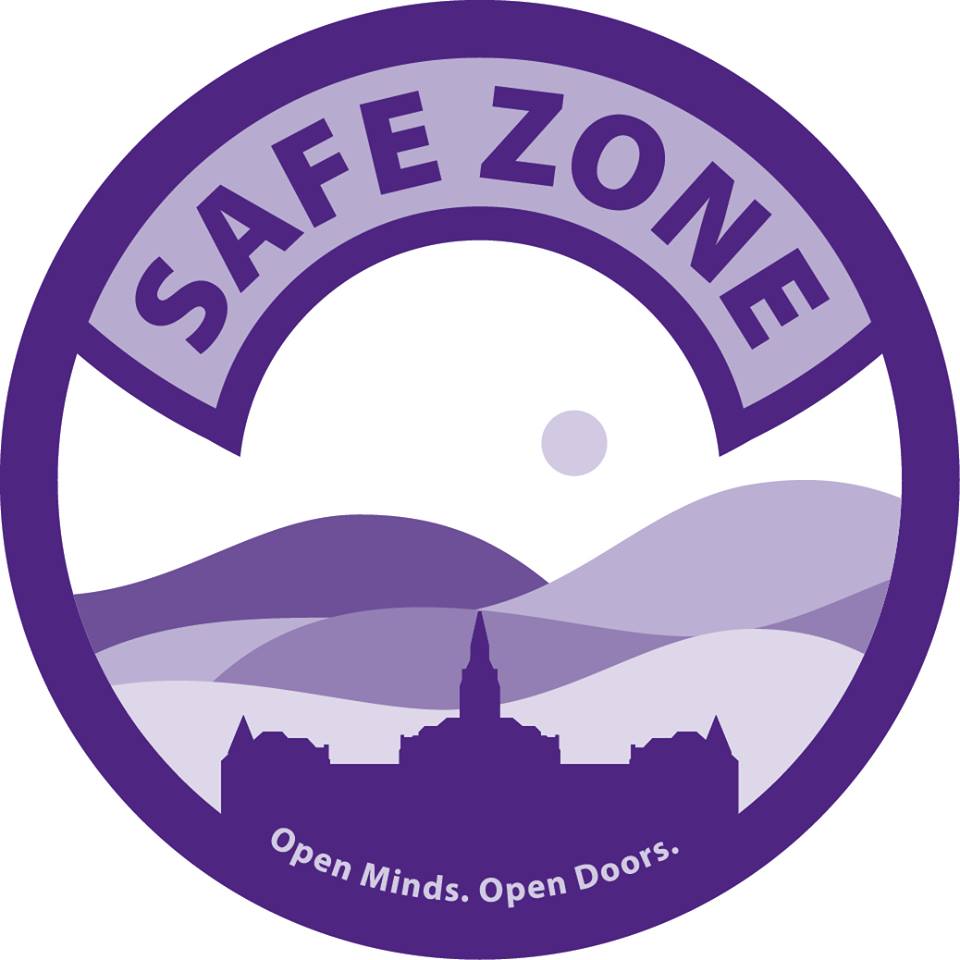November 5, 2019
Safe Zone Student and Community Member Introductory Training

K-State's Safe Zone program, in the Department of Multicultural Student Affairs, invites you to a Student and Community Member Workshop from 10:30 a.m. to noon Tuesday, Nov. 12, in 111 Leadership Studies Building.
This training is an introductory training for Student and Community Members who wish to learn more about campus resources to become a better ally for our campus community. Please reserve your place now.
This introductory training session includes presentations from Safe Zone partner offices, including the CARE Office, Office of Student Life, LGBT Resource Center, DMSA's Intercultural Learning, and Counseling Services, all with a focus on faculty and staff rights and responsibilities. Attendees should gain knowledge of campus resources and communities with the development of skills to assist students and colleagues.
Safe Zone exists to provide open and affirming spaces throughout the K-State campus where individuals affected by discrimination, violence, hateful acts, and other forms of marginalization can go for support and assistance. K-State faculty, staff, students and community members can become Safe Zone allies as a way to publicly show their commitment to understanding human differences, practicing inclusion and promoting equity across campus and community.
Safe Zone continues to be part of K-State's efforts to create an open and affirming campus since the 1970s. Safe Zone was created to help those facing sexual orientation discrimination. Revitalization of the initiative in 2002 created a more comprehensive and ever-evolving Safe Zone effort to fit the needs of current K-State community members. Allies become educated to help those coming from a variety of backgrounds and identities with needs concerning exclusionary acts like intimidation, micro and macro aggressions, discrimination, LGBTQ-related concerns or sexual violence.
For more information, reach out to Karsen Davis, graduate assistant for Safe Zone at karsen5@k-state.edu; Debra Bolton, director of intercultural learning, at dbolton@k-state.edu; or Brandon Haddock, coordinator of the LGBT Resource Center, at bhaddock@k-state.edu.
